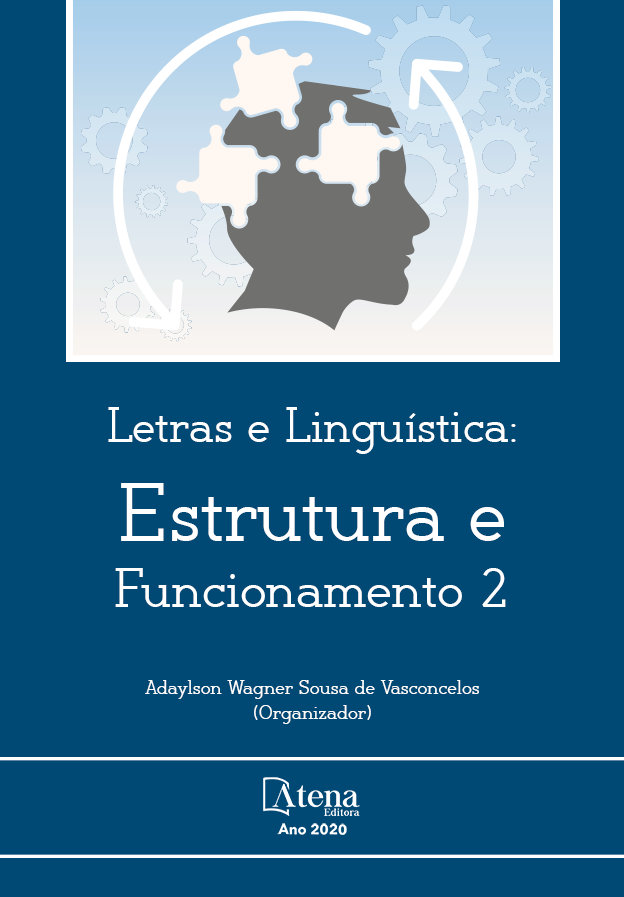
O DISCURSO MÉDICO E O MONSTRO: SENTIDOS DE SAÚDE E CORPO PELA CIRURGIA BARIÁTRICA
O corpo tornou-se uma forma de representação de saúde e beleza, na chamada modernidade líquida. O imaginário sobre o corpo é constituído pela memória discursiva que evoca sentidos tecidos sócio-historicamente sobre o padrão corporal fluido, que atenda às exigências da boa forma, contribuindo para a produção de discursos sobre a busca do corpo belo e perfeito. Esses discursos afetem a imagem corporal, ou seja, afetam a imagem que o sujeito deseja alcançar para se sentir incluído na sociedade em que se insere. Compreendemos, assim, que o corpo produz e é produzido por discursos de acordo com as formações discursivas dominantes, em dado momento histórico. Desta forma, ao pensarmos sobre como o corpo obeso pode evocar diferentes efeitos de sentido e, também, apresentar/sofrer relações de poder perpassadas pelo simbólico e pelo político, entendemos que a percepção de corpo pelo sujeito está diretamente relacionada aos discursos que circulam socialmente, como, por exemplo, o discurso médico. Nesse ideário, esse trabalho visa a compreender, por meio de marcas linguísticas, como os sujeitos foram/são afetados pelo discurso médico sobre o padrão corporal. Para a constituição do corpus, foi elaborado um questionário, respondido por 14 sujeitos, que realizaram a cirurgia bariátrica há pelo menos um ano, sobre os sentidos de corpo, saúde, obesidade e imagem corporal. O campo epistemológico da pesquisa é a Análise do Discurso pecheuxtiana, cujo dispositivo teórico-analítico embasa o movimento de interpretação e compreensão do corpus. Os resultados apontam que os sujeitos que fizeram a cirurgia bariátrica reproduzem o discurso médico, que trata esse procedimento cirúrgico como a conquista de saúde e bem estar, ou seja, a conquista de um corpo que não será olhado com preconceito e discriminação como é o corpo do sujeito-obeso.
O DISCURSO MÉDICO E O MONSTRO: SENTIDOS DE SAÚDE E CORPO PELA CIRURGIA BARIÁTRICA
-
DOI: 10.22533/at.ed.4982006106
-
Palavras-chave: Cirurgia Bariátrica. Corpo. Discurso Médico. Sujeito.
-
Keywords: Bariatric Surgery. Body. Medical Discourse. Subject.
-
Abstract:
The body has become a form of representation of health and beauty, in the so-called liquid modernity. The imaginary about the body is constituted by the discursive memory that evokes senses build socio-historically on the fluid body pattern, which meets the demands of good shape, contributing to the production of discourses on the search for the beautiful and perfect body. These discourses affect the body image, that is, they affect the image that the subject wants to achieve in order to feel included in the society in which he / she is inserted. We understand, therefore, that the body produces and is produced by discourses according to the dominant discursive formations, at a given historical moment. Thus, when we think about how the obese body can evoke different effects of meaning and also present / suffer power relations passed by the symbolic and the political, we understand that the subject's perception of the body is directly related to the discourses that circulate socially, as, for example, medical discourse. In this idea, this work aims to understand, through linguistic marks, how the subjects were / are affected by the medical discourse about the body pattern. For the constitution of the corpus, a questionnaire was elaborated, answered by 14 subjects, who underwent bariatric surgery at least one year ago, about the senses of body, health, obesity and body image. The epistemological field of research is the Analysis of the Pecheuxtian Discourse, whose theoretical-analytical device supports the movement of interpretation and understanding of the corpus. The results show that the subjects who underwent bariatric surgery reproduce the medical discourse, which treats this surgical procedure as the achievement of health and well-being, that is, the achievement of a body that will not be viewed with prejudice and discrimination as the body of the obese subject is.
-
Número de páginas: 20
- Soraya Maria Romano Pacífico
- Thaís Silva Marinheiro de Paula


